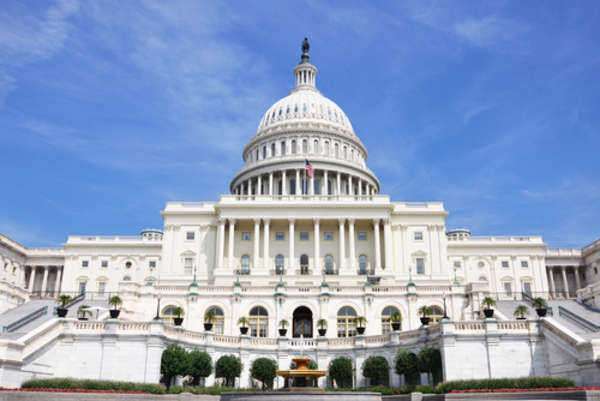Election of the Speaker Overview
The election of the Speaker is a critical procedure in the parliamentary system. It is a process that involves the selection of a presiding officer who will lead debates, oversee the legislature, and ensure lawmakers follow the House Rules. In this article, we will provide an overview of the election of the Speaker process, including its importance, qualifications required, and the election process.
Importance of the Speaker
The Speaker of the House of Representatives, as the presiding officer, plays a crucial role in maintaining order and decorum during debates, ensuring that the procedures of the House are upheld, and that members comply with the rules. The Speaker also facilitates legislative operations, adjudicates disputes, and assigns bills to different committees.
Qualifications of the Speaker
The Speaker of the House of Representatives must meet specific qualifications before he or she is considered for the position. These conditions include being over the age of 21, being a citizen of the country, and having no criminal record. Additionally, they must also possess experience in managing the workings of a parliament and knowledge of parliamentary rules and regulations.
Election Process
The process of electing the Speaker begins when the House of Representatives gathers after a general election. Members of Parliament nominate potential candidates for the Speaker's position from among their colleagues. Nomination is followed by a seconding motion from other members of parliament, after which, the candidate's acceptance of the nomination is confirmed.
The election of the Speaker is done through a secret ballot, and all members of Parliament are eligible to vote. A candidate must have a majority vote of all members present at the time of the election to be declared Speaker. In the event that no candidate receives the required majority, there is a re-vote to determine the winner, and the process continues until a Speaker is elected.
Conclusion
In conclusion, the election of the Speaker is one of the most crucial procedures in the parliamentary system. It is an exercise that requires the participation of all members of Parliament and ensures that the House's proceedings are smooth and efficient. The Speaker is a critical aspect of the parliamentary system that facilitates the smooth running of legislative operations and upholds parliamentary rules and regulations.
The Speaker of the House of Representatives acts as the presiding officer for the House. The position was created in 1789 by the United States Constitution under Article I, Section 2: "The House of Representatives shall choose their Speaker and Other Officers."

The Speaker has various roles that have changed throughout time since the office's original implementation. Originally, the Speaker had no real power, and its position had no real influence. However, the role of Speaker forever changed once Henry Clay took office. Clay used his influence to ensure the passage of legislation that supported his and his party's agendas, as well as actively participating in debates, which was not done by prior Speakers.
Clay's influence continued past his tenure, for the position of Speaker began to garner more political power, and thus shaping the role and responsibilities the office holds today. Aside from being the presiding officer of the House of Representatives, the Speaker also combines several roles such as the leader of the majority party in the House, as well as being a regular active member and the representative role of the House.
The Speaker of the House of Representatives is elected by the comprising members of the House. The election process is based on a simple majority vote. After a candidate is elected, the person is to be sworn in by the Dean of the House, which the longest-serving member of the House. A new Speaker is elected when the position is rendered vacant, or if there is a change in the majority party in the House. Each major party in the chamber will nominate a candidate to be elected for the position of the Speaker.
Under Constitutional law, it is not explicitly stated that the Speaker be required to already be a member of the House of Representatives. However, history has proven that each Speaker elected has been a member, thus setting a precedent for subsequent elections that have not been codified into law. Members of the House will typically vote for the nominee for their respective party, but their vote can be placed for any of the nominees to be considered.
A majority vote is required by the Constitution's provisions, however, less than a majority vote can be needed to elect a new Speaker because of absentee Members of the House placing a vote as "present." If there is no candidate receiving a majority vote, the election process will be repeated until a Speaker is elected.
Though the role of the Speaker has changed over time, the current roles and duties of the Speaker are as follows:
Administration of the oath of office to new members of the House.
Calling the House to order.
Preserving order within the Chamber.
Appointing of chairmen to committees, such as the Committee of the Whole, and other conference committees.
Ability to vote for House matters
Though not restricted under Constitutional law, the Speaker of the House will only exercise the right to vote in matters in the case that a tie-breaker is needed to settle a decision.
Determining the agenda of the House with the Majority Leader.
Confer with the President and the Senate on political issues.
A spokesman for the Presidential Administration.
This will only typically occur if the Speaker of the House and the President both belong to the same political party.